Your brain on leaving social media. An in-depth article.

To understand what happens to your brain when you leave social media, we first need to understand what happens to your brain when you are on social media.
If I assume our average time on earth is 60 years, that is 21900 days in total, and if we convert that into hours which will be 5,25,600 hours, and then into minutes which again will be 3,15,36,000 minutes, then out of all these minute I am asking only 10 minutes of your life to read this article to the end.
This may change your life.
Note* I am not a Neuroscientist but I am a reader. I write whatever I read on research papers and books and to support my writings I provide all the necessary materials at the end of the article.
Enough chit-chat, let’s begin.
To understand the effect of social media on our brain, first let’s understand five hormones or neurotransmitters or brain chemicals or molecules, whatever you want to call it, named as Dopamine, Endorphin, Oxytocin, Serotonin, and Cortisol.
These five hormones are the reason behind your happiness and pain.
Get Quality Self Improvement Articles Every Week, No Spam, No Ads.
Thank you!
You have successfully joined our subscriber list.
1. Dopamine
Dopamine, also known as the motivation chemical, makes you happy when you set a goal or when you try to accomplish something, or when parking your car in front of the Dominos to have that cheese burst margarita.
In the 1950s, a study was conducted on rats. An electrode was inserted into a rat’s brain and measured the dopamine surges and fall. Whenever the rat pulled the lever, it would get the pleasure of a hit of cocaine.
The team found that the drug-addicted rat gets a surge of dopamine whenever it starts to approach the lever, after that the dopamine falls, and it rises again when the rat pulls the lever for a hit.
The conclusion of the study suggests that dopamine surges not only by getting the reward but also as the expectation of getting the reward.
You feel happy and motivated once you listen to a motivational speech on setting goals and achieving your dreams.
You feel happy and motivated once your crush tells you that she will go on a date next weekend.
You feel that initial surge of happiness when you sit on your chair, switch the computer on, and play your favorite video game.
Another study was conducted on monkeys. The monkeys were trained to do specific tasks and get reward with spinach. This spinach was changed to juices after a few days.
The monkey’s dopamine spiked once they got the juice. But, the interesting finding was, after continually giving juices for a few more days, the dopamine spike continually reduced. The monkey’s brain stopped reacting to the juice or reward when it started to come every day.
This study concludes that your dopamine surges to new information or rewards which promote survival. When there is nothing new, there is no need for dopamine.
This is the reason why you get excited when Apply launches its new iPhone or Nvidia announces its new graphics card.
One thing to keep in mind, when the juices were taken away from the monkeys, and replaced with spinach, the monkeys were raged and threw spinach back at the researchers.
Though juices don’t make the monkeys happy, losing something which is valuable to survival made the monkeys unhappy and mad.
You may not be happy with the things others can only dream of, but once you lose it, you go crazy about it.
2. Endorphin
Endorphin mask pain for a short time. If you are doing bench presses or push-ups, it is the endorphin that makes you feel good while your muscles cry in pain.
Sure, after your workout is done, there will be a different story.
If you are doing your work despite your muscle soreness and pain, because you are liking it for some reason, then it is nothing but endorphin.
When you run for the first time, you feel good, you feel high and that too is nothing but endorphin.
The activities that trigger endorphins are eating, laughter, crying, sexual intercourse, physical workout, etc.
You have seen that when a Zebra accidentally gets out of the jaws of a lion and runs for its life, despite the flesh on its legs being ripped open.
Endorphin helps in masking the pain for a few moments until the zebra reaches a safe distance. This promotes survival.
3. Oxytocin
Oxytocin, also known as the love hormone, is a chemical for social bonding. When you feel good about someone, this is because of oxytocin.
Oxytocin creates attachment and makes you feel good among groups, or family, or any living being.
Petting your dog is a simple example of oxytocin feeling. Meeting your parents after a long time, or meeting your best friend is also caused by the oxytocin hormone.
When a female gives birth, her oxytocin spikes as well.
4. Serotonin
You can call serotonin the respect hormone. When People get respect from others, they feel good because of serotonin release.
It is because of serotonin we have goals, dreams, and the zeal to achieve something in life. Of course, you don’t care about what others say, or others’ opinion on you, but this is what your hormone does.
Maybe your hair quality is good and several people gave positive comments on your hair. The comment makes you happy and that is nothing but serotonin.
When you upload pictures and videos on social media, and people like and comment on your content, this makes you feel good, a sense that you belong to this world.
This is social dominance.
Everyone is striving for social dominance, directly or indirectly.
Social dominance doesn’t mean to dominate someone and feel like the king of the world. Perhaps, you are trying to be the best in your field, or want to earn a lot of money, or perhaps you want to be respectful in your own eyes.
Serotonin is the good feeling of having security in life and easy access to food and other resources.
Social dominance is the secure feeling that your demands and needs will be met.
5. Cortisol
Loretta Breuning mentioned in her book, “Meet you happy chemicals” that a big burst of cortisol is what we call “fear”. Small drips of cortisol are “anxiety” or “stress.”
Whenever you are in a bad situation or danger your cortisol releases to warn you against that potential threat.
If there is no cortisol, you would sleep in front of a hungry lion without worrying. Cortisol is necessary for survival. Our mammal brain searches constantly for potential threats in the environment.
Sometimes the threat is real, and most of the time the threat is imaginary.
Sometimes we over-react to threats and most of the time we mask the real threat with happy chemicals.
Your personal finance is going down and this makes you worry. Your cortisol is released so you can focus on your problem, but cortisol is painful, so you learn to mask this pain with alcohol.
You have 100 tasks to perform, but your future seems dark, you are on your 30 and not on your own, not in a relationship and this makes you worry about a dark future that may not come if you work today.
But, your imaginary problems start releasing cortisol to ponder about that future rather than working on today.
But, wait a minute! Why the heck I am telling you all these? What this has to do with social media?
Have patience, we are going there…
Why does your body release all these hormones? What purpose does it serve?
The number one priority that your brain has is your survival. Whatever decisions or impulses you feel are only because of your survival. Your brain chemicals respond to activities that promote your survival.
The tricky part is, your brain doesn’t know which activity is good or which activity is harmful to you. This is the job of your rational or conscious brain. You can put a label on something as bad or good consciously, but your subconscious brain only knows which activity helps in releasing more happy chemicals than others.
Your brain promotes those activities from where it gets an abundance of happy chemicals because happiness responds to improvement on survival prospects.
Linking emotions with events
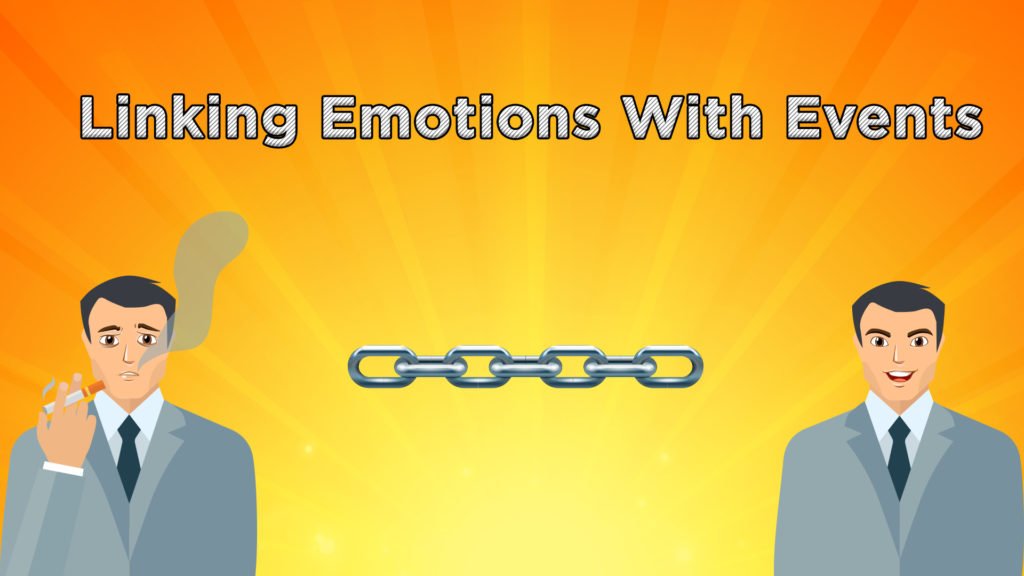
Your brain is very good at building links. For example, once in your childhood when your parents didn’t buy you the dress you wanted you became sad and depressed. To cope with your sadness you perhaps ate the dairy milk chocolate that was melting in your drawer for a long time.
If this melting dairy milk chocolate makes you happy and masks the pain of sadness then your brain will mark it as an important activity and it will try to perform the same in the upcoming years.
Now, in adulthood, whenever you are sad, you have this urge of eating chocolate only because you built a link or circuit in childhood.
Other examples will be alcohol consumption, porn addiction, smoking cigarettes whenever you are worried or stressed.
But, link building doesn’t always mean the bad habit, perhaps instead of eating chocolate, you read a good book that made you happy and bamm… now have a habit of reading books.
Everyone’s life event is different, everyone’s brain circuits are different.
The difference between a happy and unhappy person is that the happy person has more happy circuits.
You can build circuits in adulthood too, not easily as a child’s brain, but with enough repetition and emotions, you can build any circuits in 45 days according to Loretta Breuning.
You can build your circuit or in other words a habit, faster when there are emotions involved. Emotions mean chemicals.
When the neurotransmitter runs through those neural pathways of your brain, the pathways become stronger quickly. The stronger the pathways, the better your habits for that particular habit.
Here circuit means neural pathways.
Get Quality Self Improvement Articles Every Week, No Spam, No Ads.
Thank you!
You have successfully joined our subscriber list.
Now, Let’s come back to our original topic, your brain on leaving social media.
When you start using social media for the first time, you may feel nothing or may become overwhelmed with all the social interactions with your friends, strangers, or other groups of people.
Your happy chemical releases.
Perhaps, you feel nothing on your first day in social media, because you don’t know anyone or how to use it. But, soon you get connected with people and you find out all the happy faces in your account.
It feels good that you are in a community, people like your content, and some even comment on your profiles. Your oxytocin and serotonin releases.
When you are offline, your dopamine motivates you to open your account and check for other comments and likes because this is making you happy.
You also found awesome people in your social media account who are traveling places, smiling, having fun, and your mirror neurons get activated and tell you, they are having so much fun.
Why can’t you?
You also notice, famous people and celebrities are getting thousands of likes and comments and you wish, not directly at least, but somewhere in your subconscious mind that you too want that kind of respect, wealth, happiness because it seems important to survival. It makes you happy.
Mirror neurons are those neurons that get activated by analyzing the environment and not by your personal life experience.
Perhaps, you never tasted alcohol in your life, but you have seen in movies or a friend who gets drunk and makes him worry-free and happy.
Your mirror neurons get activated on that info, and whenever in future you are sad or worried, your brain will tell, “ Hey, go get a drink. That will make you happy.”
Of course, this will not solve your problem, or perhaps it will increase more, but it will mask your pain for some time.
This is the reason why you see the working-class people in the bar on Friday night. Most of them are not there to have fun or spend a good time with friends, but to suppress their stressed life for some time.
The Disappointments of chemicals
Once your brain identifies social media as a quick source of happiness, it will try to imitate again because the problem with the neurochemicals is that they spike for some time and then fall.
Whenever your happy chemicals fall, your unhappy chemical takes that place. Once your unhappy chemical releases, your brain seeks happy chemicals again.
You go back to social media once again to get that happiness you felt a while ago. It is a vicious circle.
The second problem of these chemicals is that they do not release the same amount of chemicals with the same level of activity.
If you upload your picture for the first time and 20 people like your photo, several happy chemicals will be released in your brain in a vast amount.
The next day, you upload again to have that same kind of happiness that you felt the day before, but if you again get 20 likes you will feel somewhat happy but not like yesterday.
If you get 15 likes you will be disappointed, and if you get 30 likes, your happiness will surpass.
Dopamine will release once again the next day, to have that happy feeling of serotonin and oxytocin and you will upload once more.
But, this time you got only 5 likes.
Cortisol will release, and your brain identifies this as a threat to survival. Of course, it is not a threat to survival, but cortisol has been released and something is wrong.
To make it right, you upload once again, then again, then again…you know where I am going right?
Your conscious mind knows social media is not important because it is not important to survival, nor it has any advantage in your life. The feelings of bonding with people are fake, the good feeling of likes are fake, the good feeling of social dominance are fake.
You spend hours and hours on social media every other day, just to have those fake feelings that have nothing to do with your survival, and moreover, the happy faces of other people make you even sad because the human has the nature of comparing himself with other human beings consciously or unconsciously.
You may say, I don’t spend much, but only 10-30 minutes every day. 10 minutes every day on social media is enough to wire your brain for fake happiness. Your 10 minutes interfere with your peace of mind, your 10 minutes interfere with your daily productivity.
Your survival depends on your work, on your interaction with real people, with crying, laughing, and becoming skillful in your field.
Your survival doesn’t depend on the opinions of people about you, whom you have never met, or who will never be there for you when you are in real danger.
10 minutes of social media is enough to send you into depression if you are unconscious of your activity. This is the reason why so many people find a surge of true happiness and peace once they leave social media for good.
Of course, this article will not help a lot, or maybe anyone to leave social media and have a real and true life, because you have already created the neural pathways in your brain for social media happiness, and shrinking the strong pathways are like crossing the Atlantic Ocean by swimming.
So, what happens when you leave social media?
Once you leave social media, the neural pathways that you have created by repeating every day will start to shrink. In neuroplasticity, the more you do something repeatedly, in a short span of time, the strong your pathways get.
But, once you stop doing it, the pathways start to shrink.
Once you block your fake source of happiness which your brain identifies as important for survival, cortisol will release and your brain will start crying for that source of happiness, in other words: urges to open your social media account and surf again.
But, if your brain still doesn’t release happy chemicals because of your stubborn will, your brain will scan for other sources of activities to release happy chemicals. This is a good time to build other good circuits or neural pathways.
Perhaps, you want to dance and for a long time you are planning to start practicing, this is a good time to start practicing again.
Perhaps, you want to finish your novel or learn about marketing, then this is a good time to start doing it.
It takes 45 days to build a new pathway. Of course, the pathway will not be as strong as your older pathways, but it will be a start to feel less resistance when you start working on your new pathway.
We will talk about forming good habits in some other article.
Conclusion
Whenever there is happiness, sadness will follow. Whenever there is excitement, disappointment will follow. Social media excites us, gives us fake temporary happiness, which is soon replaced by sadness and depression.
True happiness comes from the right balance of life.
We spend thousands of hours on social media and we are not even aware of our wastage of time. We think we are wasting only 10 minutes that we are spending on social media, but in truth, we are wasting a lot more than we can think.
Try to completely stop using social media for three days only. Analyze how it makes you feel. If you feel nothing, then congratulations, social media doesn’t affect you… If you are squirrelly, feel like something is wrong and you are sensing unhappiness, then you should rethink your life.
Best
Ahbab
The above article is based on the book, Meet Your Happy Chemicals: Dopamine, Endorphin, Oxytocin, Serotonin by Loretta Breuning.
This is a wonderful book on changing your perspective towards life and creating good habits.
Other recommended readings on this topic are given below


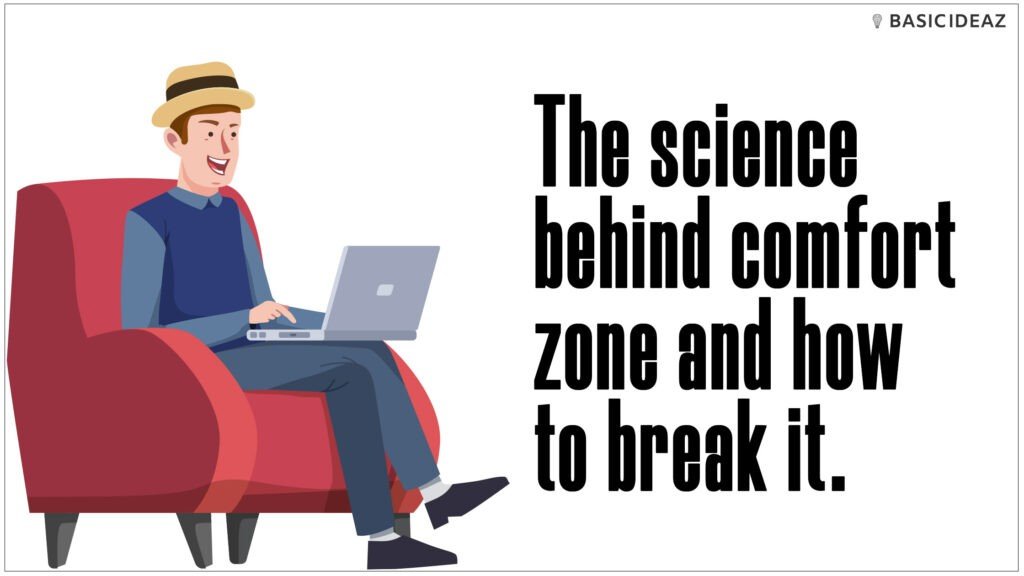
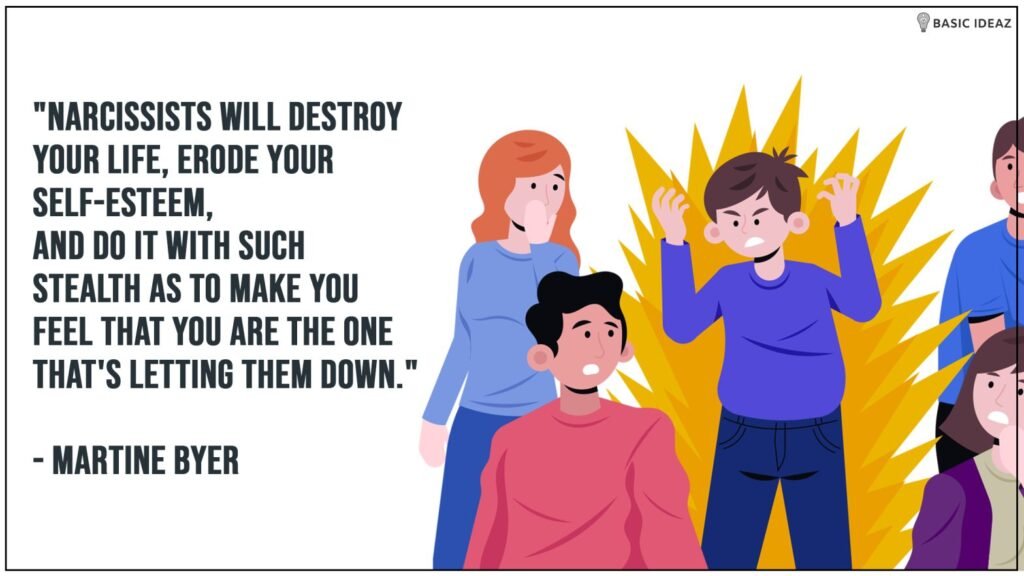

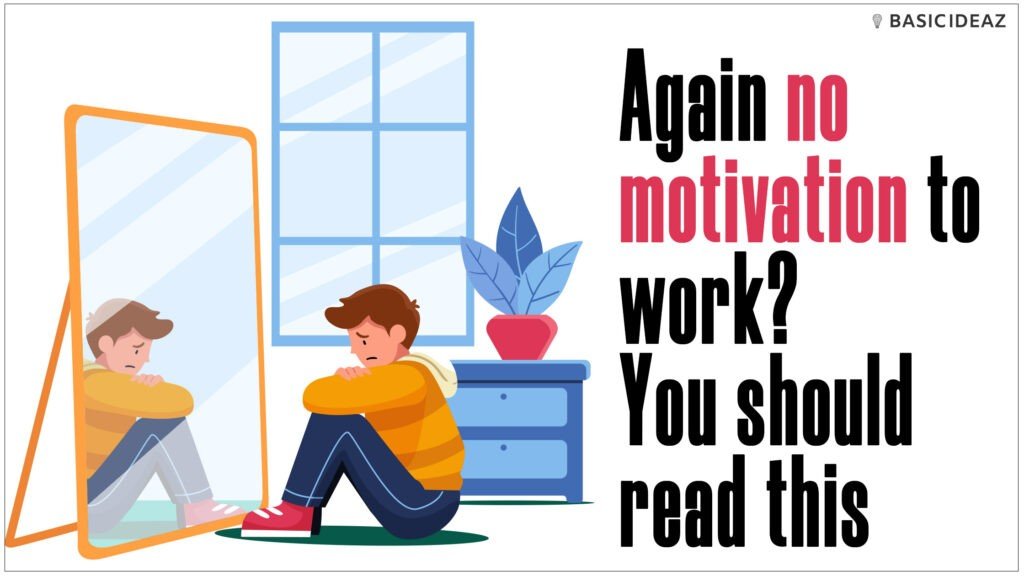
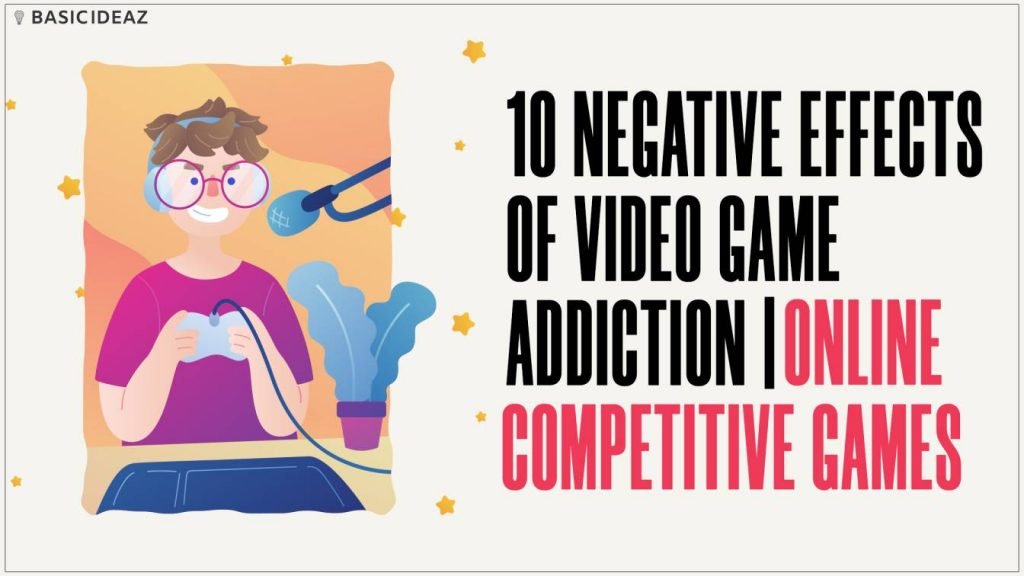
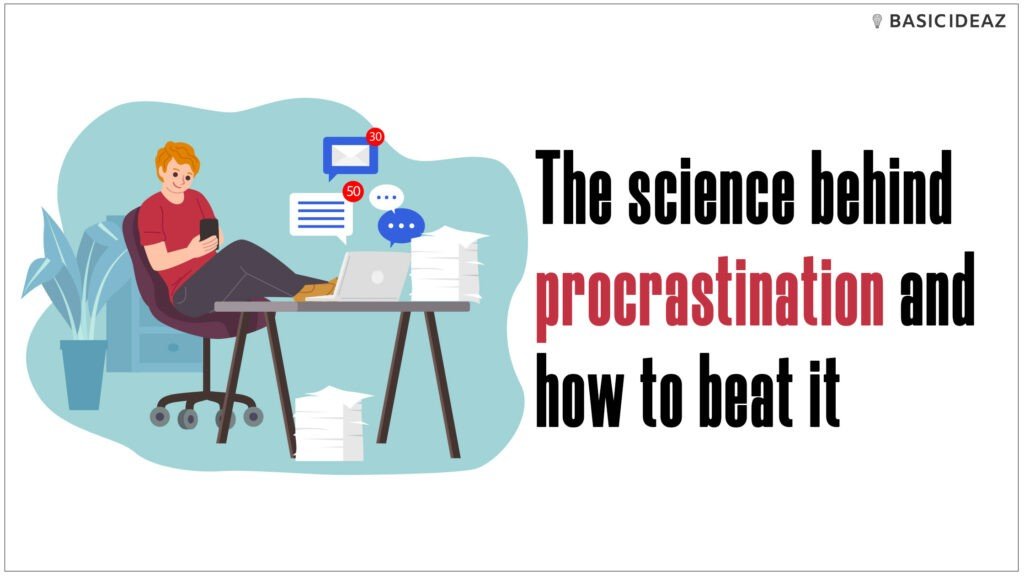
Pingback: 10 Negative Effects of Video Game Addiction | Online competitive Games. - Basic Ideaz